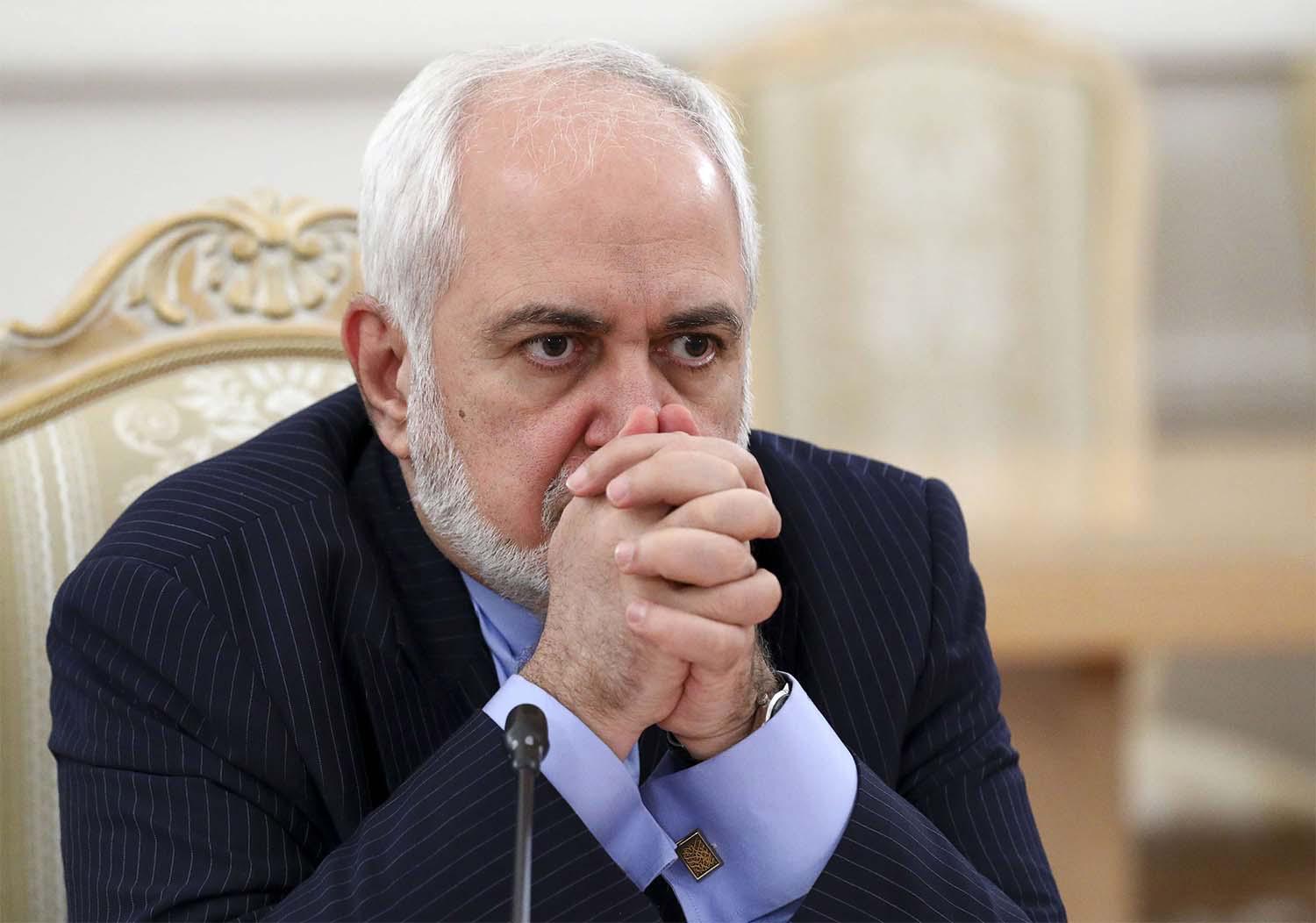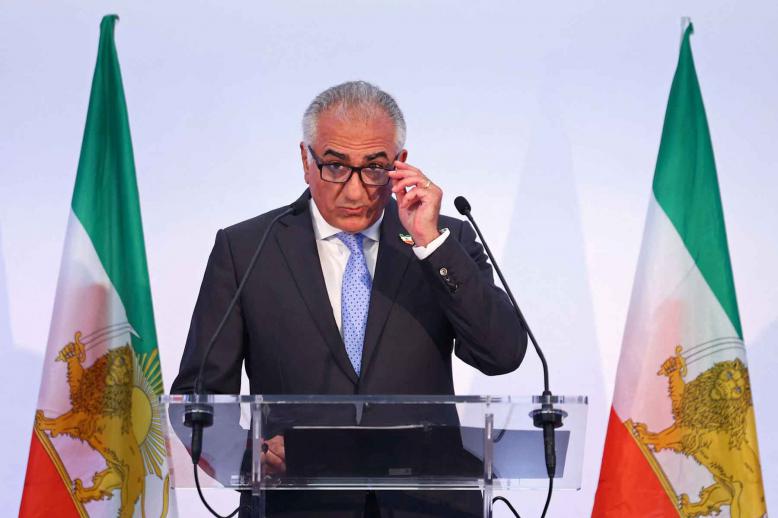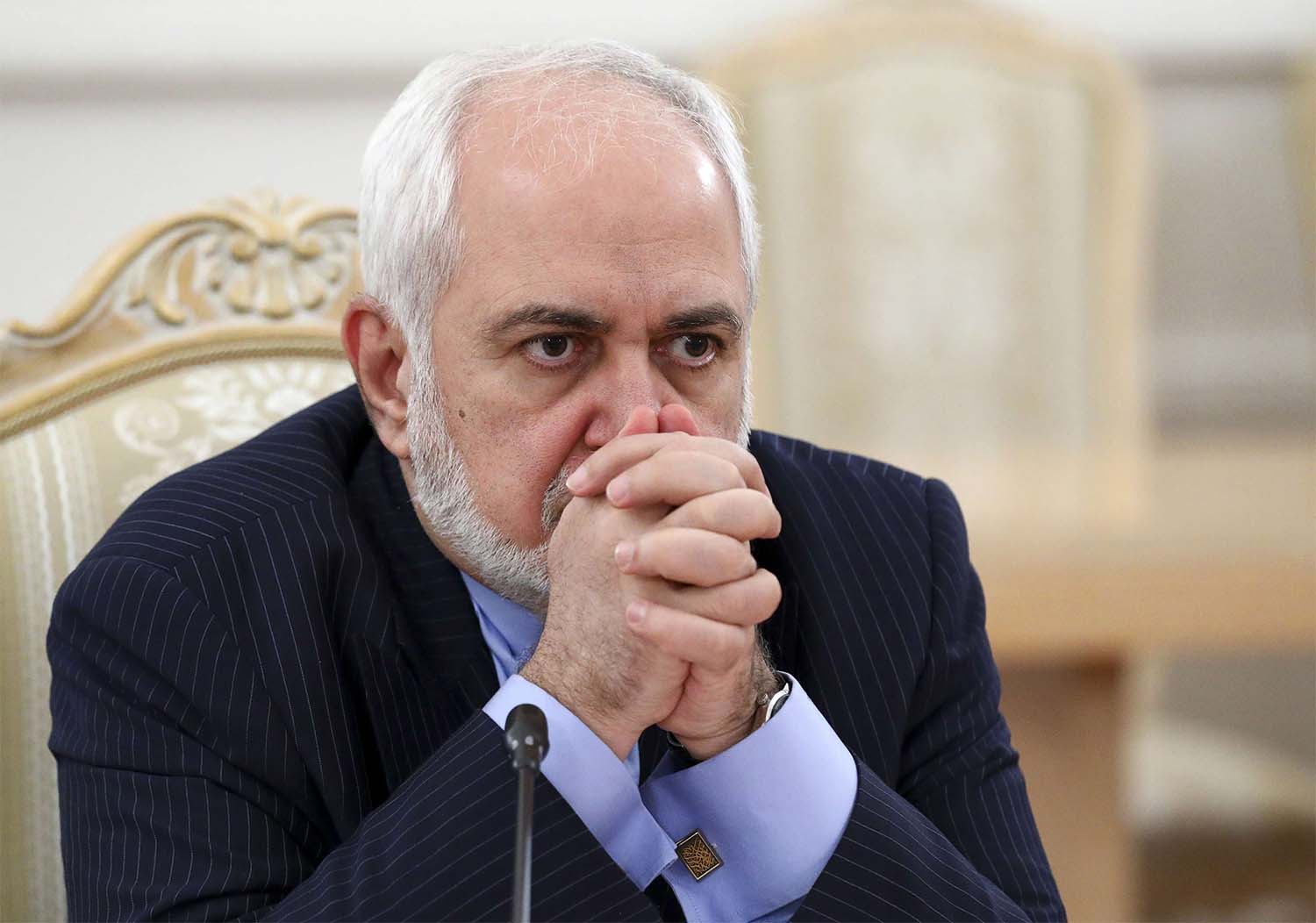Tehran ready for closer ties with Riyadh, but keeps Houthis as pressure card
DAMASCUS - Iran's foreign minister said Wednesday that his country is ready for closer ties with regional rival Saudi Arabia, adding that he hoped recent talks between the two sides would lead to greater stability in the region.
Bu Tehran has so far failed to show practical steps towards reducing the existing tensions between the Shiite and Sunni regional powers in the region for years.
Mohammad Javad Zarif was speaking in Damascus after a meeting with Syrian President Bashar Assad.
Baghdad recently confirmed it hosted Iraq-mediated talks between Iran and Saudi Arabia last month. The talks have occurred “more than once,” the hosts said, describing the discussions as ongoing, “important and significant.”
Zarif said he hoped they would “come to fruition” and lead to cooperation between the two rivals to bring more stability and peace to the region, particularly in Yemen.
“We certainly are ready and have always been ready for close ties with Saudi Arabia,” Zarif told reporters in Damascus, speaking in English.
Tehran and Riyadh have long been rivals and support opposite sides in Yemen, Syria and elsewhere in the region.
Relations worsened considerably in 2016, when Riyadh removed its diplomats after protesters attacked its embassy in Tehran and consulate in Mashhad in retaliation for the kingdom executing a prominent Shiite cleric, Nimr al-Nimr. In Syria's civil war, Riyadh has supported the Syrian opposition while Tehran backed Assad's forces in the 10-year conflict.
In an interview with the Middle East Broadcasting Center channel last month, Saudi Crown Prince Mohammed bin Salman struck a conciliatory tone towards his country’s arch-rival Iran, saying he sought “good” relations following reports of baghdad-mediated talks between the two nations.
“Iran is a neighbouring country, and all we aspire for is a good and special relationship with Iran,” said Prince Mohammed.
“We do not want Iran’s situation to be difficult. On the contrary, we want Iran to grow … and to push the region and the world towards prosperity,” he added.
But despite all these positive developments, negative indicators have emerged that could cast a shadow over the progress of the Saudi-Iranian talks.
The US Navy announced the seizure of a huge shipment of weapons, including precision-guided missiles and ammunition, in the Arabian Sea. A US official said it originated from Iran and that its destination was most likely Yemen in support of the Houthi rebels.
Washington also said that the Iranian support for the Houthis was "lethal", stressing that the rebels who receive generous support from Tehran were obstructing the political solution and that they wasted a great opportunity by refusing to meet the UN envoy to Yemen Martin Griffiths in Muscat.
Asked if the Iran-Saudi talks would lead to improved relations between Damascus and Riyadh, Zarif said: “I am sure our Syrian brothers have always welcomed cooperation in the Arab world. And we are also in that mood.”






